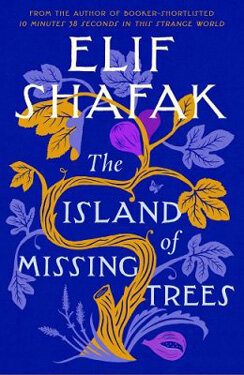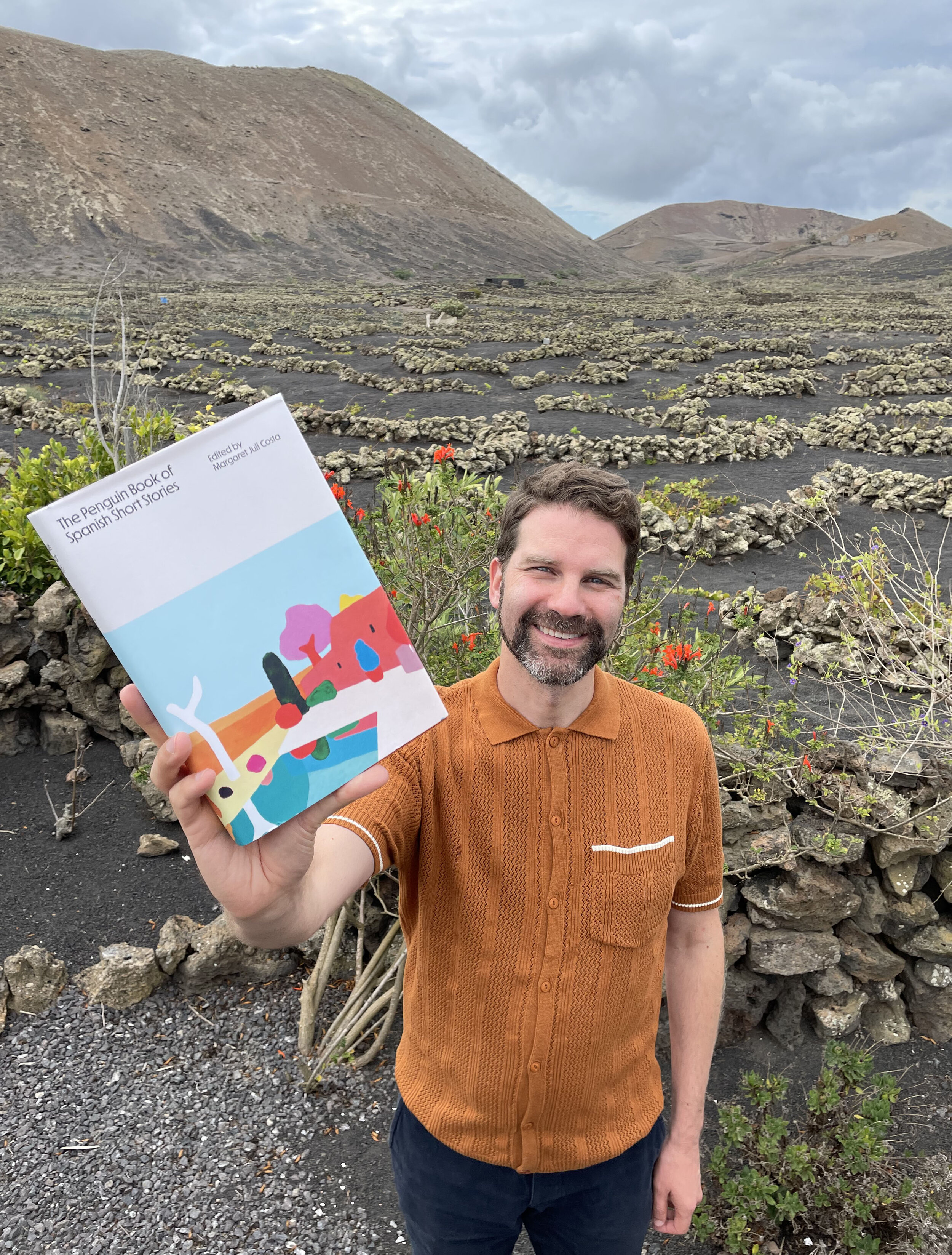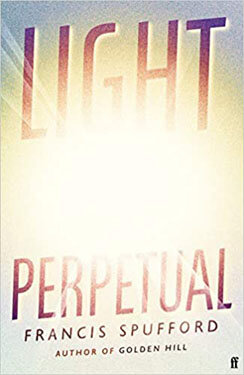I've never felt that keen on reading “Lady Chatterley's Lover” because I always assumed it was a bonkbuster dressed up as literary fiction. This notion probably comes from my vague awareness it was banned for obscenity reasons in both the UK and US. But given that I'm eager to read Alison Macleod's lengthy new novel “Tenderness” which is about Lawrence's life and the fate of “Lady Chatterley's Lover” after his death I thought it'd be interesting to read the original novel first. So I was delighted by what a thoughtful and engaging book it is. The story revolves around Constance who is married to Sir Clifford, a Baronet and author of middling writing that nonetheless gets him press attention. He sustained a war injury which has left him paralysed from the waist down so their lives become purely intellectual rather than physical and consist of evenings of thoughtful debate with members of the upper classes. Gradually, Connie becomes very depressed and in her wanderings over the estate happens upon reclusive gamekeeper Mellors. Their guarded acquaintance gradually builds to a passionate affair complete with frolicking naked in the rain and giving pet names to each other's genitals. But this only comes two thirds of the way through the novel and the story is more about class division and different kinds of self realisation that can be found through love.
Sir Clifford firmly believes that natural hierarchies are formed through class division, but Connie is naturally wary of this position and is more sympathetic to Mellors' more anarchic attitude which rebels against the traditional English social system. I appreciated the way Lawrence shows the competing positions of different characters in regards to romance and love. This includes a number of peripheral characters in addition to the central figures of Sir Clifford who develops a strong attachment to his nurse Mrs Bolton and Connie's passionate affair with Mellors. Of course, their intellectual reasoning about the dynamics of sex don't always align with how they feel when confronted with the reality and it's engaging how this plays out over the course of the story.
Though Mellors is more in the background at first he comes to dominate the text in the later part of the book when vociferously giving his opinions about women and the class system. Since the narrative cedes to his position it's natural to assume that this is the point of view Lawrence himself is most sympathetic with and the character he probably identified with the most. Some criticism I've read such as Joyce Carol Oates' essay “At Least I Have Made a Woman of Her: Images of Women in Yeats, Lawrence and Faulkner” seems to take this as a given. Certainly, Mellors' views are alarming given his grievance over his broken marriage as well as his hatred towards lesbians and Jewish people. Moreover he expresses murderous rage. But I don't like to naturally assume that Mellors is a mere cipher for Lawrence's own views. He is a character and there are certainly figures in the novel such as Connie's sister who criticise Mellors and offer alternative points of view. I assumed that his influence is felt so strongly because Connie herself has been romantically captivated by him.
The sexually explicit parts of the novel weren't nearly as cringe-worthy as I expected them to be. They did make me chuckle a bit and it's still somewhat shocking to read certain words being used knowing when this was written, but I think these sections work well because the characters also take them in good humour. They seem to revel in how filthy and explicit they're being in the way that lovers can do when totally indulging in each other's bodies. What made me more uncomfortable was an early section of the novel where Connie strips in front of a mirror and critically evaluates her body using disparaging terms such as “greyish”, “sapless” and “meaningless”. In contrast, when she glimpses Mellors washing his body outside the male form is presented in an idealized way. It makes sense to use such descriptions as the novel is about how Connie comes to fully inhabit her physical body as she engages with sensual as well as intellectual aspects of reality. Nevertheless, it feels dicey when a male author writes about women's bodies in such a derogatory way while men's bodies aren't subject to the same critical gaze in the novel.
Having recently read Sally Rooney's new novel “Beautiful World, Where Are You” I couldn't help thinking that her books are in some ways modern versions of a Lawrence novel. The way she focuses on class politics and the sometimes uneasy relationship between mind and body complement a lot of the issues Lawrence raised. Looking into it more, I was glad to see I'm not the only one who has made this parallel since it's something Claire Jarvis remarked upon in her article 'Contemporary Clothing' and James Marriott states “Lawrence's seriousness about sex should appeal to fans of Sally Rooney” in his article 'Why millennials should read Lawrence'. I feel somewhat ashamed I hesitated reading Lawrence for so long because I assumed his writing is out of date and his books are more concerned with indulging in sensuality rather than describing the complicated dynamics of sex. Though this novel certainly isn't above criticism, it's much more compelling and surprising than I expected. The pernicious effect of a novel being subjected to a famous censorship trial is that the criticisms lobbed at it seep into people's impression of a book they have not actually read and though I reject censorship it still influenced my assumptions about this novel. I look forward to reading more of Lawrence's work to discover what other curiosities his books contain.






















